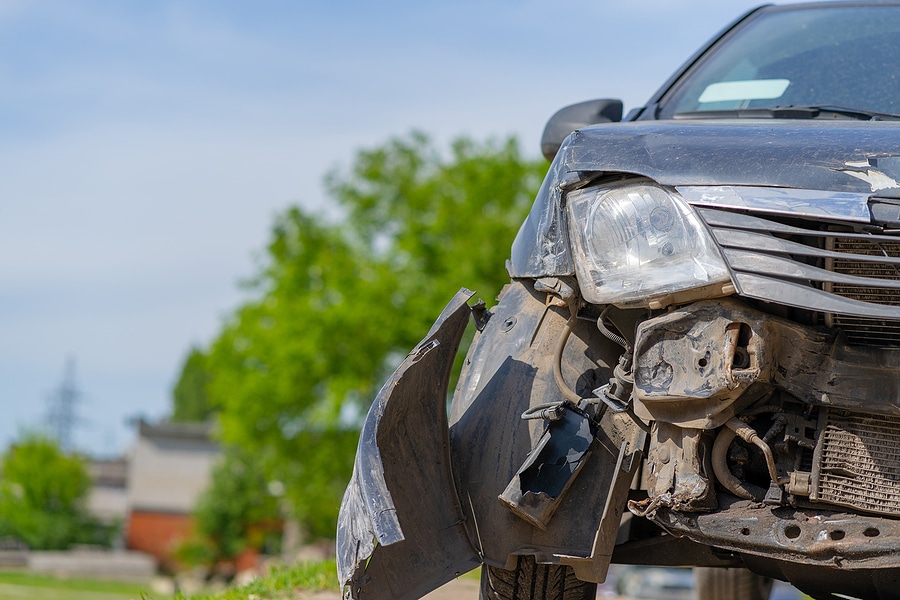Punitive Damages in a Personal Injury Lawsuit

Most personal injury claimants are only in pursuit of compensatory damages. Such damages aim to reimburse them for the losses they incur as a result of the liable party’s negligence.
What if the defendant wasn’t merely negligent, though, and intentionally harmed the plaintiff or demonstrated a reckless indifference to others? When this is the case, punitive damages may also be warranted.
Unlike compensatory damages, punitive damages don’t actually correspond to the losses that plaintiffs incur. Instead, they aim to punish defendants for especially egregious behavior. They also attempt to deter similar misconduct in the future.
Let’s take a look at some of the most frequently asked questions about pursuing punitive damages in a personal injury lawsuit:
1. What Is the Standard of Proof for Securing a Punitive Award?
Plaintiffs must meet a higher standard of proof to secure a punitive award than to recover compensatory damages. However, the standard of proof isn’t as high as it is for criminal cases. Generally speaking, you’ll have to present clear and convincing evidence that the defendant’s conduct constituted gross negligence or intentional misconduct to be eligible for a punitive award in Florida.
2. Does Florida Cap Punitive Awards?
In Florida, punitive awards are usually capped at $500,000 or three times the total compensatory damages, whichever is greater. If the defendant’s conduct was motivated by financial gain, though, the cap increases to $2 million or four times the total compensatory damages. And in cases where the defendant acted with intent to harm, there is no cap at all.
For medical malpractice suits against practitioners, punitive awards are limited to $500,000. For such suits against non-practitioners, this cap increases to $750,000.
It’s worth noting that punitive damages cannot be awarded against a government entity, regardless of the circumstances. Additionally, there are a number of exceptions to the caps listed above, so it’s wise to consult an attorney before commencing the negotiations or proceeding to trial.
3. What Kinds of Scenarios Warrant Punitive Damages?
There are dozens of scenarios in which personal injury claimants are entitled to seek punitive damages. Since every case is unique, the easiest way to determine whether you might be eligible for a punitive award is by consulting a lawyer.
Generally speaking, a plaintiff can pursue punitive damages if the defendant:
- Was violating the law prior to the accident;
- Purposely caused harm;
- Knew or should have known that such conduct had a high probability of causing injury at some point; or
- Altered or destroyed evidence after the fact so as to avoid being implicated.
Examples of the kinds of scenarios listed above include:
- Getting behind the wheel while impaired;
- Starting physical altercations; and
- Ignoring reasonable warnings or pleas to take additional safety measures.
Call (727) 821-1500 for a Free Consultation with a Florida Personal Injury Attorney
If you were seriously hurt through no fault of your own, contact Emerson Straw PL. We have won more than $27 million for our clients in personal injury and wrongful death cases. Call (727) 821-1500 or fill out our Contact Form to schedule a free consultation with a personal injury lawyer in Florida.
